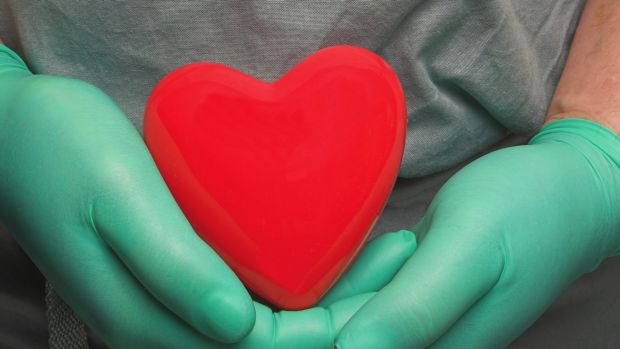
Women are less likely to have their blood pressure checked than men or receive an ECG test.
Doctors may be missing crucial warning signs of heart disease in women, even though women are more likely to visit their GPs to seek advice on symptoms, new research suggests.
A recent Heart Foundation survey of people who had suffered heart attacks has revealed key differences in the experience of of men and women before the event, and how they were treated by their doctors.
Women are more likely than men to visit their doctor prior to having a heart attack complaining of heart troubles, but are less likely to be treated or diagnosed as at-risk.
Women are also less likely to have their blood pressure checked than men or receive an ECG test. The advice offered by GPs is also significantly different: doctors are more likely to recommend at-risk men change their diet while at-risk women are advised to reduce stress.
The survey was released six weeks after Fairfax Media reported that although women are less likely to experience a heart attack than men, their mortality rates are equal because women experience significantly different heart attack symptoms that are not being picked up on.
Heart Foundation national spokeswoman Julie Anne Mitchell said heart disease in women was not as recognised among women or by health professionals as it should be.
“Women are not being assessed for their heart health the same way men are – the symptoms are not being linked as clinical factors for disease,” she said.
Ms Mitchell said greater investment was needed in community programs and more research was needed to investigate the differences in how men and women experience heart disease and its symptoms.
“Most research has been done on men and how heart disease affects men. We need to address this gender imbalance,” she said.
The discrepancy confirmed a long-held concern among some in the medical profession that women are not receiving the same attention as men.
At the World Heart Federation’s World Congress of Cardiology last year, a group of experts called for more research and tailor-made treatments for women to help bridge what they called the “gender gap”.
Linda Worrall-Carter, director of St Vincent’s Centre for Nursing Research said the medical profession needed more education about understanding gender differences.
“Awareness regarding atypical symptom presentations of women and understanding healthcare workers’ perceptions are key to ensure women are getting the most appropriate and timely treatment,” she said.
The Heart Foundation has dedicated the month of June to raise awareness of the different symptoms and urged women to seek urgent medical help even if they are unsure whether they are having a heart attack.
Heart Foundation Victoria chief executive Diana Heggie said if presented early, warning signs of a heart attack can often be managed by a GP.
“If your GP has diagnosed you with high blood pressure, high cholesterol or both you are at an increased risk of heart attack and you need to be doing all you can to stay on top of your health to reduce your risk,” she said.
About 50 women a week have a heart attack and 11 women will die in Australia. Australian Bureau of Statistics revealed more than 50,000 women were hospitalised with heart disease in 2013.
